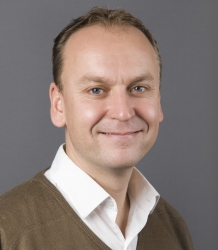project
Public Dialogue UK National Ecosystem Assessment
2 December 2013 - 1 December 2014

PI/s in Exeter: Dr Robert Fish
Funding awarded: £ 318,000
Sponsor(s): NERC (National environmental research council)
Project webpage(s)
Public Dialogue UK National Ecosystem Assessment
About the research
This project explores the character, causes and consequences of ecosystem change in the UK and their implications for policy development through a dialogue between the general public, policy makers and ecosystems researchers. Four thematic areas will shape the dialogue process:
1. public views on the value of NEA concepts for explaining environmental change;
2. influence of NEA science on public understandings of environmental change;
3. public assessment of the adequacy of NEA recommendations for policy makers;
4. public priorities for taking aspects of NEA science forward in policy and decision-making.
Between March and June 2014, a total of nine Citizens Panels will be held in Exeter, Birmingham and Glasgow involving 120 members of the public. The outcomes of these Panels will inform a final National Citizens Panel to be held in London during Autumn 2014 bringing a selection of participants from the three local panels together with NEA scientists and government ministers to draw out common themes and then explore these findings in the context of broader national level policy development.
By the end of the process, decision makers will be better placed to understand:
- How UK NEA science and concepts should be structured and communicated to build public confidence in the way environmental issues are incorporated into policy development and delivery processes;
- What uncertainties and sensitivities need to be prioritised in order to shape publically credible policy development and delivery processes flowing from UK NEA science;
- The role that publics may play in helping further elaborate environmental surveillance systems in UK NEA related policy and decision making processes, for instance through programmes of citizens science.
